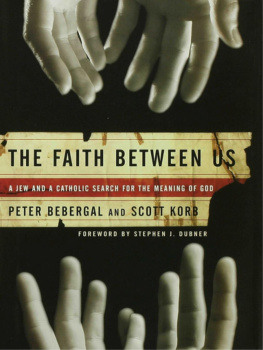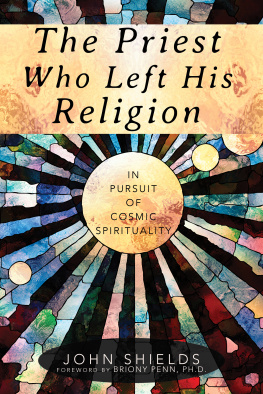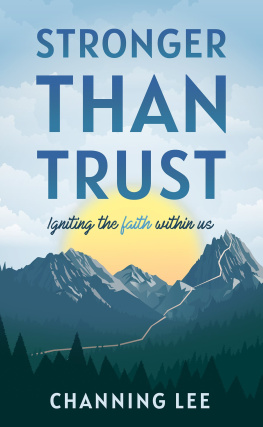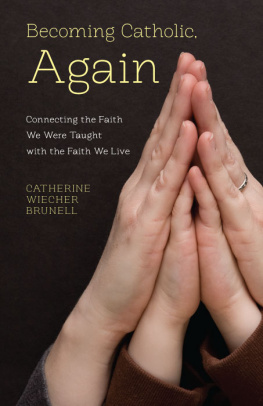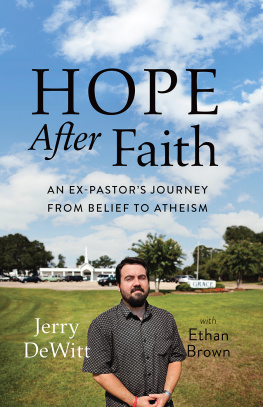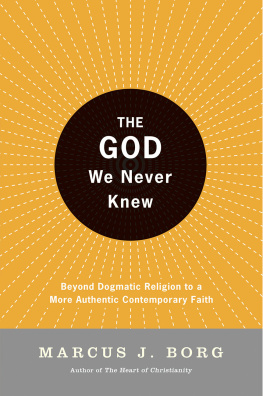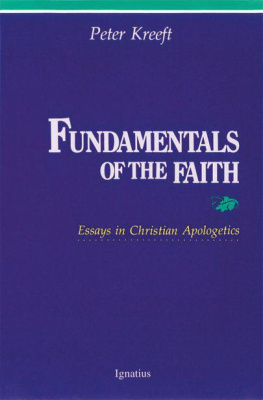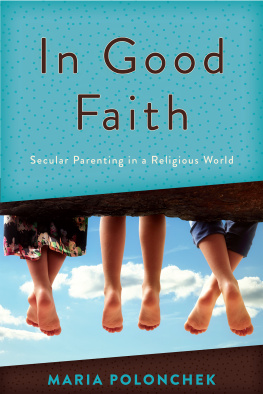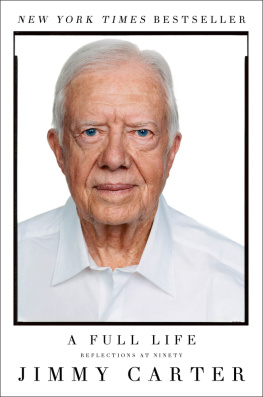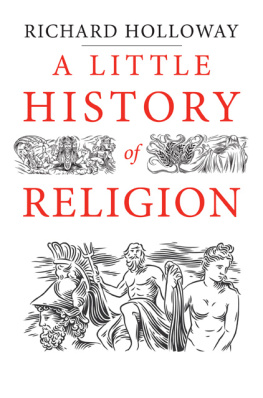THE FAITH
BETWEEN US
THE FAITH
BETWEEN US
A Jew and a Catholic Search for
the Meaning of God
PETER BEBERGAL
&
SCOTT KORB
FOREWORD BY STEPHEN J. DUBNER
BLOOMSBURY
Some names have been changed to protect the privacy of others.
Copyright 2007 by Peter Bebergal and Scott Korb
All rights reserved. No part of this book may be used or reproduced in any manner whatsoever without written permission from the publisher except in the case of brief quotations embodied in critical articles or reviews.
For information address Bloomsbury USA,
175 Fifth Avenue, New York, NY 10010.
Published by Bloomsbury USA, New York
Distributed to the trade by Holtzbrinck Publishers
All papers used by Bloomsbury USA are natural, recyclable products made from wood grown in well-managed forests. The manufacturing processes conform to the environmental regulations of the country of origin.
Portions of chapter 7 and chapter 9 appeared in slightly different form in Harper's magazine and Gastronomica.
LIBRARY OF CONGRESS CATALOGING-IN-PUBLICATION DATA
Bebergal, Peter.
The faith between us / Peter Bebergal & Scott Korb ; with a foreword by Stephen J. Dubner.1st. U.S. ed.
p. cm.
eISBN: 978-1-59691-988-4
1. JudaismRelationsCatholic Church. 2. Catholic ChurchRelationsJudaism. 3. Bebergal, PeterReligion. 4. Korb, Scott D.Religion. 5. Faith. I. Korb, Scott D. II. Title.
BM535.B34 2007
26l.2'6dc22
2007025812
First U.S. Edition 2007
1 3 5 7 9 10 8 6 4 2
Typeset by Westchester Book Group
Printed in the United States of America by Quebecor World Fairfield
To our parents
CONTENTS
Stephen J. Dubner
RELIGION, IT STRIKES ME, has been hijacked by the noisy. Where are all the sincere, wise, good-hearted people who live each day in quiet pursuit of answers (or perhaps questions) as to how we should live on earth, and to what measure that life should include some sort of God ?
If you watch the news on television or read a newspaper or trudge into the blogosphere, you might have no idea that such creatures still exist. The public face of religion is set in a deep scowl. Most public discussions of religion these days center on some standoff or misdeed, be it theological or political or sexual; the only voices making themselves heard are the shrill ones, devoid of thoughtfulness, nuance, and, often, logic.
This book is an antidote to all that.
I must admit that I approached it with some reluctance. A dual memoir? It was surely improbable, most likely impossible. But Scott Korb and Peter Bebergal are both very good writers on their own, and together they are even better. What might seem like a gimmick is in fact a magical conceit, a true dialogue between friends on a subject that dearly needs to be talked about.
It is all the more interesting because the two of them are traveling in different directions. Scott, coming from a super-religious background, is fighting to shed the strictures of his religion while remaining loyal to what he once hoped those strictures would help him attain. He longed then, and still longs, "to be powerful and unique," as do we all, and yet knows that humility is even more vital. Peter, after years of drug abuse and sundry other misbehaviors, is trying to build, brick by brick, a more prayerful life and a life that is also more meaningful. "But religious practice," he writes, "also happens outside the synagogue and the church. Religion binds people together by offering them a way to speak about their lives."
That is what this book is really about for both Peter and Scott: the meaning of meaning. Religion is merely a toolgranted, the main one, but still just a toolthat they are using to build a life of meaning.
Most religious memoirs inevitably circle back to the same irresistible, ineffable question: How real is God? But that is not the question that Scott and Peter wrestle with. Instead they address something that is, to my mind at least, far more interesting: How real is faith?
This book is their answer. In writing so honestly on the subjectthe search for faith, its mysteries and glories and disappointmentsthey make it real. Their words on the page, born of ideas, become almost corporeal. And they don't even need to raise their voices to do so.
Peter Bebergal and Scott Korb
THIS BOOK BEGAN with what has become, for many of us, a not-so-innocent and not-so-simple question: Do you believe inGod?
We're nervous even to ask; simply posing the question reveals something about you, if only that you're earnest enough to care. And answering in either direction, yes or no, can often feel like a great risk, depending on the company you keep. This kind of exposure can be embarrassing. The question catches us with our, yes, Proverbial pants down. After all, "The simple believe everything, but the clever consider their steps." So for a good number of people these days, yes or no simply doesn't cover it. We step carefully around the question: Do you believe?
Well, we, longtime friends Peter Bebergal and Scott Korb, Jewish and Catholic, respectively, have something we've been dying to tell. We don't want to be embarrassed anymore. We're not mincing words. We're not ashamed. Yes, we believe. But...
To say that we believe means that at the center of our lives is an idea of God.
Now, our embarrassment, shame, nerves, and fear around making this very simple claim have had mostly to do with wanting to keep our faiths free of associations with scriptural literalism and religious narrow-mindedness. We haven't wanted to be misunderstood. And because we've been embarrassed and hesitant, our professions of faith, when we've made them, have tended to be almost entirely defensive. Yes, we believe, but we're not like those fundamentalists and the Bible-thumpers. Yes, we believe, but we're not on the front lines arguing against gay marriage or stem-cell research. Yes, we believe, but we're not praying to usher in the end of the world. Yes, we believe, but we're not the Moral Majority. Yes, we believe, but we're not going to try to convince you to believe what we do.
All this backsliding, all these buts, have often made ours a negative faith. Because we find certain, frequently very public, religious views not just distasteful but even culturally blinkered and politically dangerousarguments for a six-thousand-year-old Earth, for example, turn our stomachs as much as they offend the truths we know about the natural worlduntil recently we'd turned inward.
Before we knew each other, our faiths had been our own private affairs, pilgrimages we'd undertaken in the hope of both finding and, yes, pleasing God. All alone, unfortunately we could do neither.
Faith is not, we've learned, a private matter at all. We're tired of faith coming between us. God's will is that it may live between us. Faith is nothing if not shared. And so, over the years, in becoming faithful friends we've told each other stories about where we've come from, how we've believed through our joys and our tragedies, how we've faced God alone, how we've both sinned and overcome sin, how we've both nearly died and overcome death. Some of those stories follow in these pages. For us, this storytellingreligious confession, in a wayhas become a key to our religious lives. But once we started talking, the important stories of our faith became inseparable from the friendship itself. Not only were we finally opening up about faith, but we also began inspiring and teaching each other to live more faithfully. Most of the stories in this book exist only because there is a faith between us.
Next page
